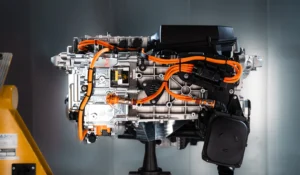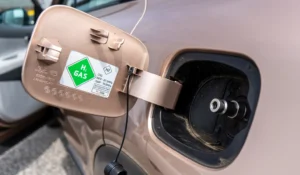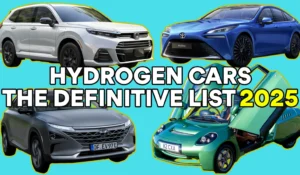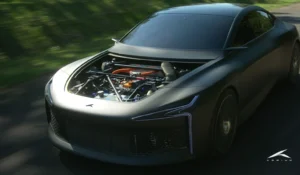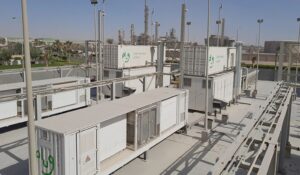UK Gov: Hydrogen internal combustion engines should be actively promoted, new report finds
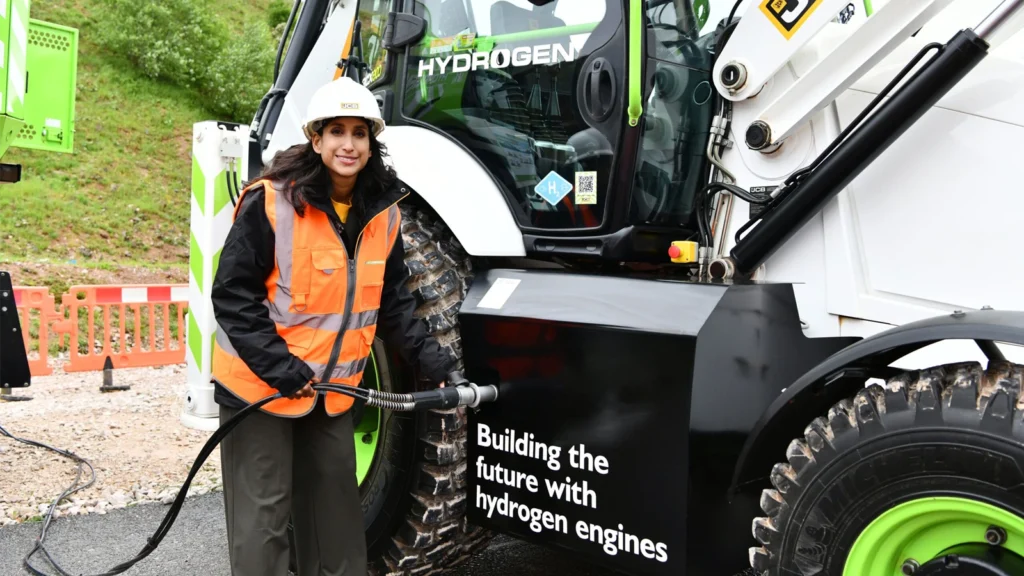
A new report commissioned by the UK’s Department for Energy Security and Net Zero (DESNZ), has recommended that hydrogen internal combustion engines (H2ICE) should be actively promoted as a zero-emission technology for non-road mobile machinery (NRMM).
Non-road mobile machinery (NRMM)
The NRMM sector in the UK raked in over £17.6B in 2022, making it a significant contributor to the UK economy.
NRMM covers machinery not intended for use on public roadways, including construction machinery, agricultural machinery, mining machinery, and more.
The NRMM sector has been described as a particularly challenging sector to decarbonise, due to distance from grid connections in remote areas, high energy demands, and the need for continuous, heavy-duty operation in harsh environments.
Without decarbonisation and energy transition options, this would put countless jobs at risk and would damage the UK economy.
It is therefore vital that this sector finds energy transition solutions to ensure its future stability and economic success.
The report’s findings
The report, “Powering Growth: The role of hydrogen internal combustion engines in non-road mobile machinery”, was produced by the Hydrogen Internal Combustion Engine Sub-group, co-chaired by Amanda Lyne, Managing Director of ULEMCo, and Steve Sapsford, Managing Director at SCE.
The report is based on the current available evidence on the sector’s economic importance, the challenges to decarbonising NRMM and the opportunities that H2ICE can provide to support the sector’s energy transition. It also suggests recommendations for encouraging the adoption of H2ICE in NRMM.
Included in the report is an assessment of the current performance, emissions and safety characteristics of H2ICEs when applied to NRMM.
It is noted that not only is H2ICE an appropriate net zero emissions technology for rapid decarbonisation, due to its significant reduction of emissions, but it also has other benefits, such as significantly reducing impact on air quality in comparison to current diesel NRMM.
Given the report’s findings on emissions reduction, it is also recommended that H2ICE should be considered as a decarbonisation strategy for other sectors, including on-road applications.
The report also notes that adopting H2ICE would boost the hydrogen sector by showing that investment in the technology is meaningful, therefore leading to new areas of research and development. This would in turn support clean growth more widely across the UK economy.
The benefits of hydrogen internal combustion engines
The report highlights that H2ICE, in comparison to current hydrocarbon-fuelled internal combustion engines, can deliver the same or better efficiency and performance.
While hydrogen fuel-cells are well-suited for applications requiring high efficiency and energy density, the report suggests that H2ICE provides a more cost-effective, versatile solution for heavy-duty applications where ruggedness and reliability are critical.
Together, these technologies create a balanced portfolio of hydrogen-powered solutions, ensuring greater flexibility in decarbonising a wide range of industries.
Whilst a minimal amount is created during combustion, a transition to H2ICE would limit the emissions of NOx and fine particulate matter to the point that the machinery’s contribution to poor air quality could be classed as insignificant.
Improvement to air quality has a knock-on effect of improving public health benefits, particularly in urban areas.
The report estimates that introducing H2ICE to NRMM could create savings of £150m to £505m per year in environmental and health care costs.
To encourage the sector to adopt H2ICE, the report recommends that the government develops tax breaks and financial incentives for the NRMM sector to adopt H2ICE at the pace needed to meet net zero targets.
It also recommends establishing the security of supply for hydrogen fuel and establishing pricing mechanisms to offset the price differential with diesel.


